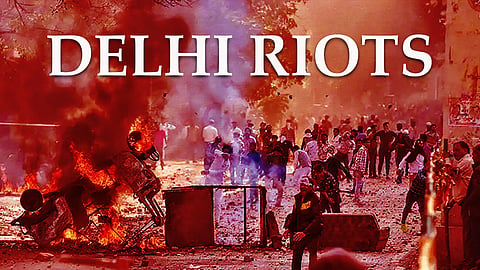
- News
- Columns
- Interviews
- Law Firms
- Apprentice Lawyer
- Legal Jobs
- हिंदी
- ಕನ್ನಡ

The Delhi High Court on Tuesday granted bail to two of the three men accused in the murder of 85-year-old Akbari Begum during the Delhi riots of February 2020 [Ravi Kumar v State].